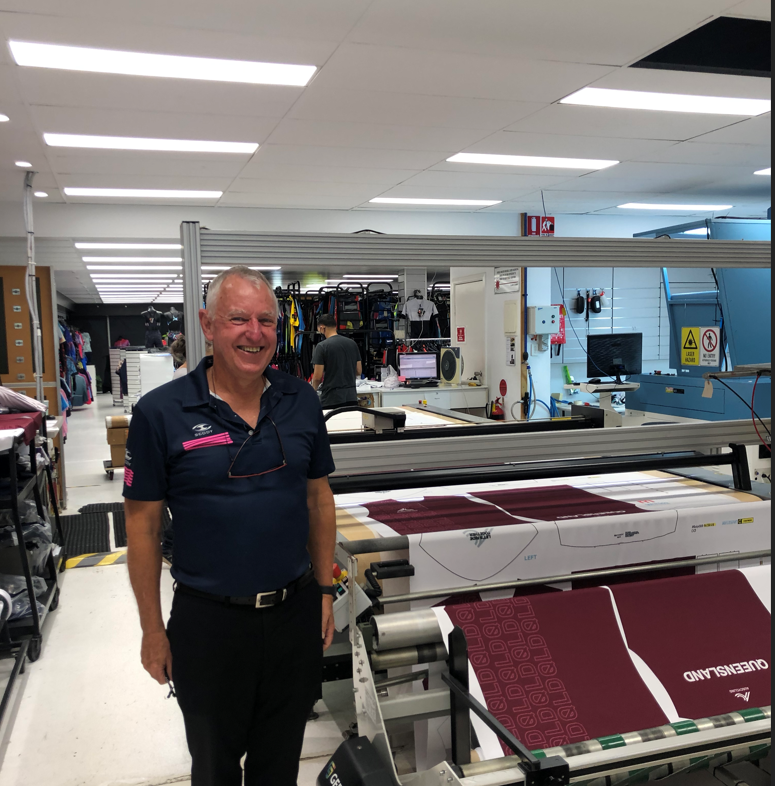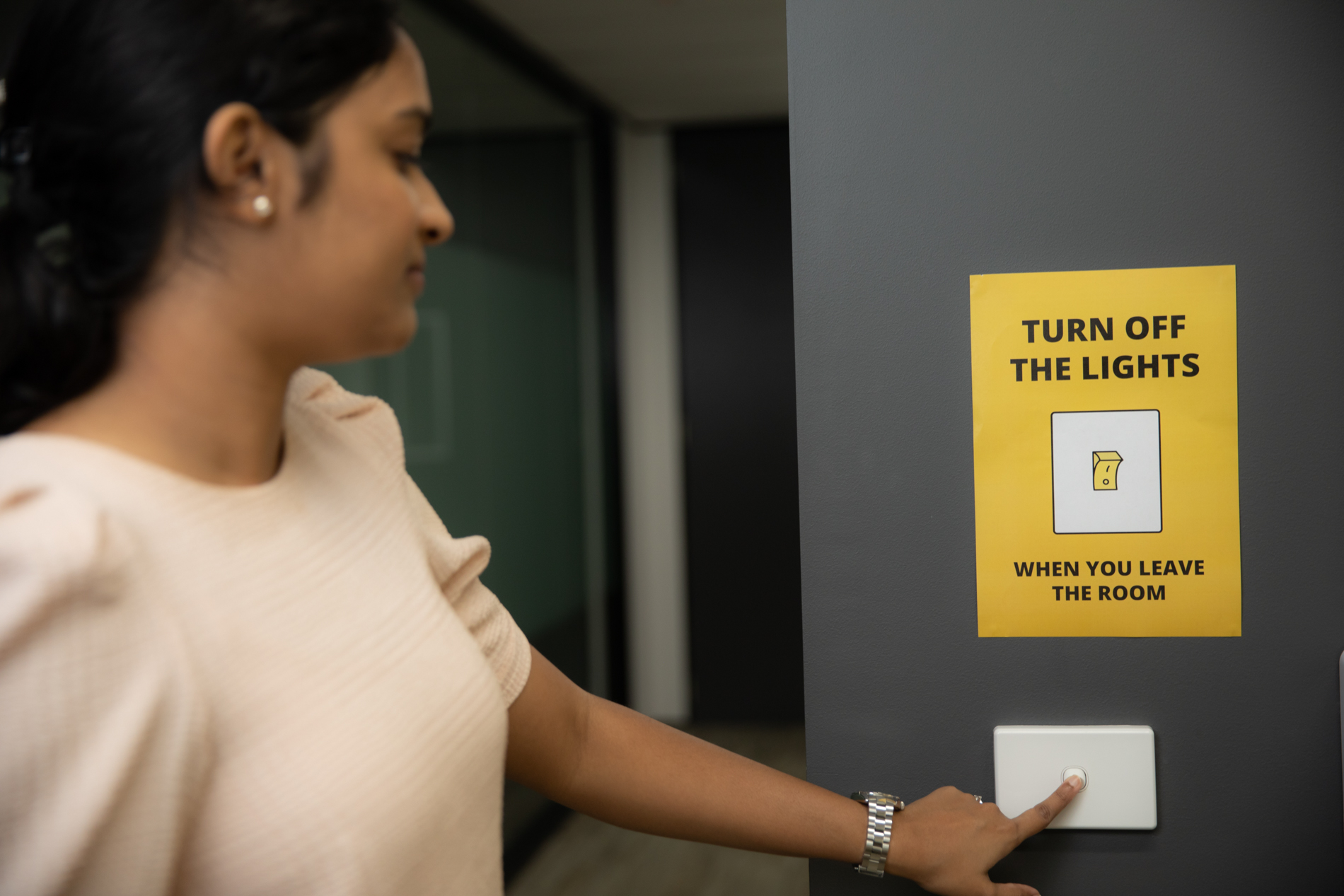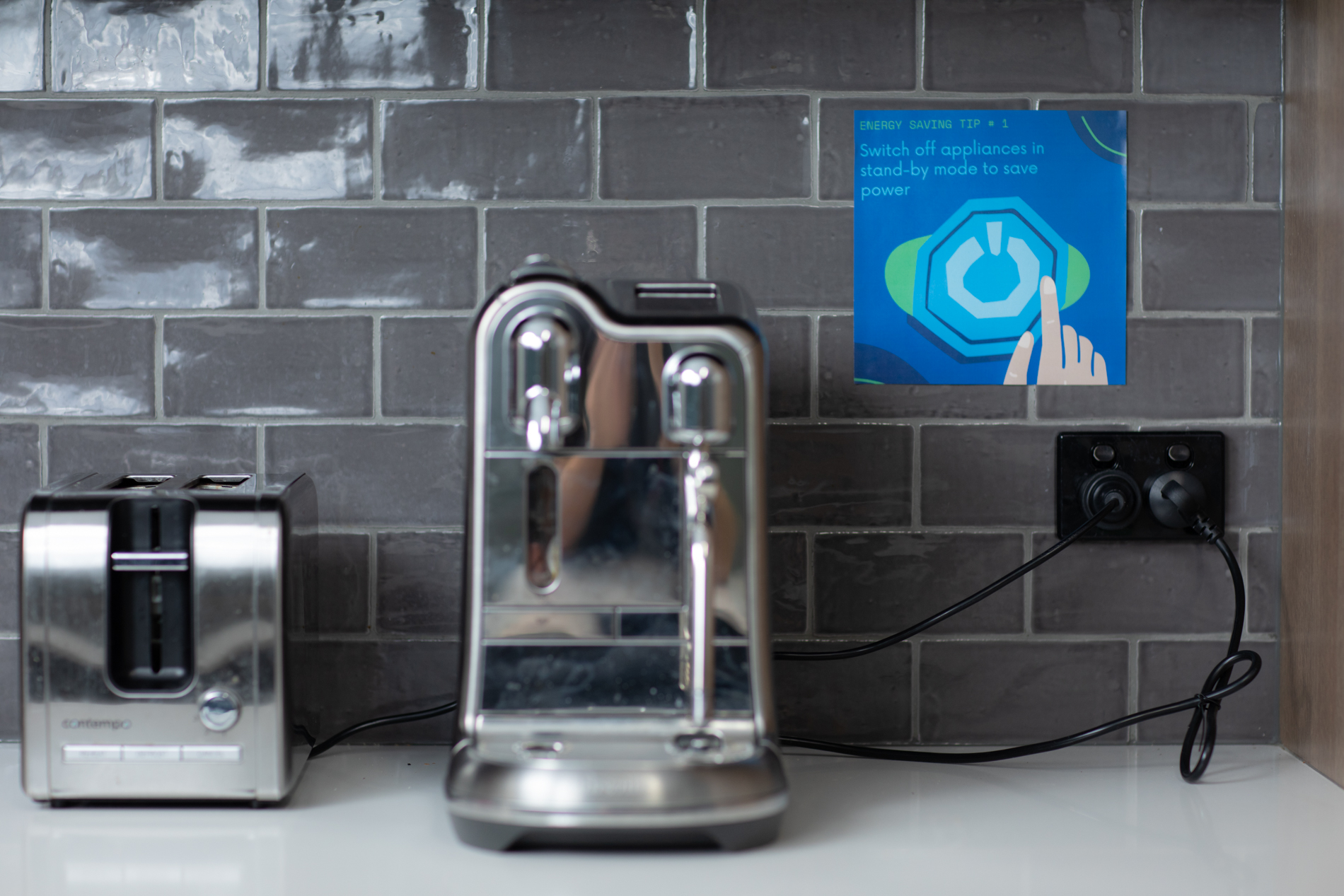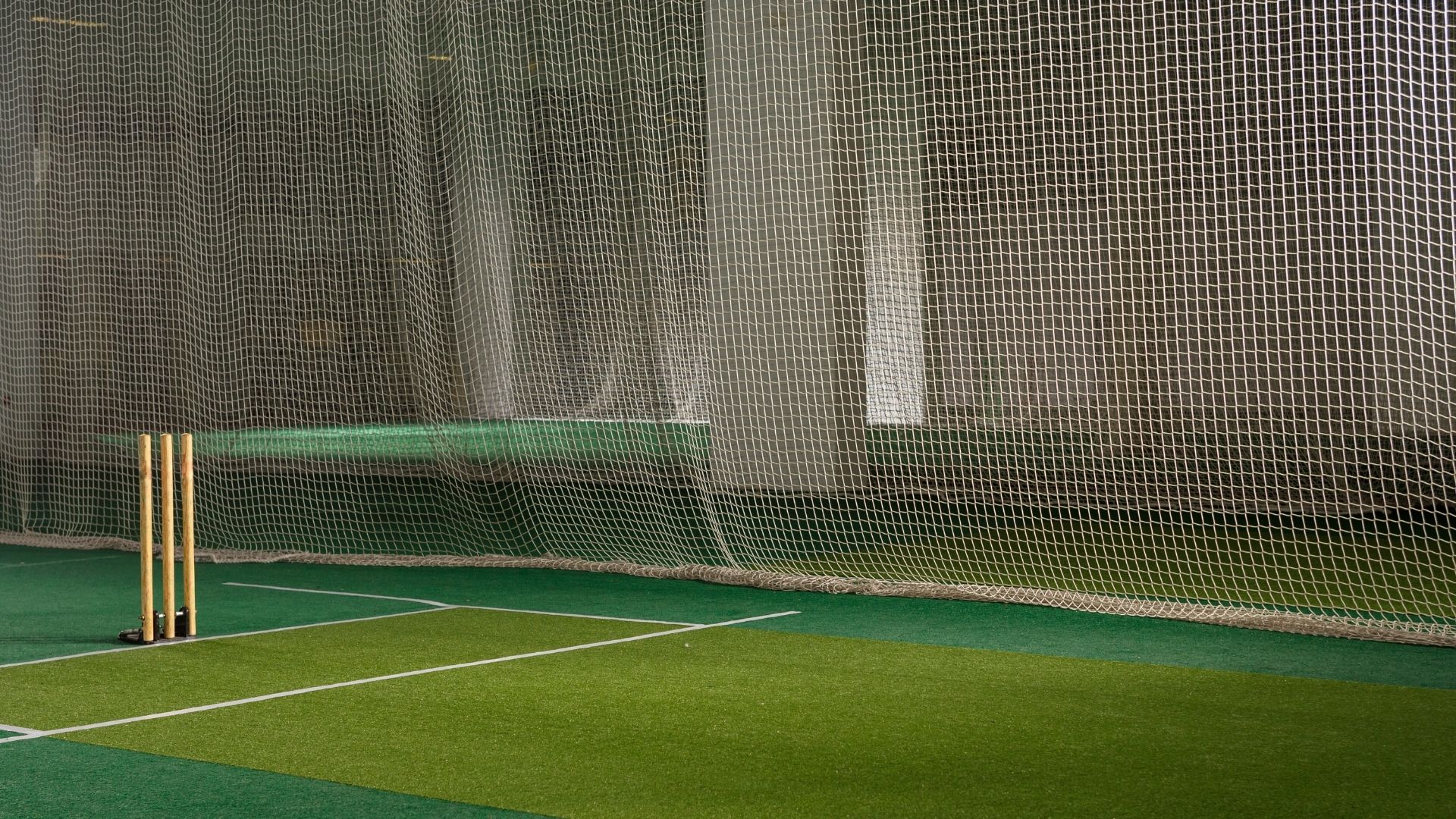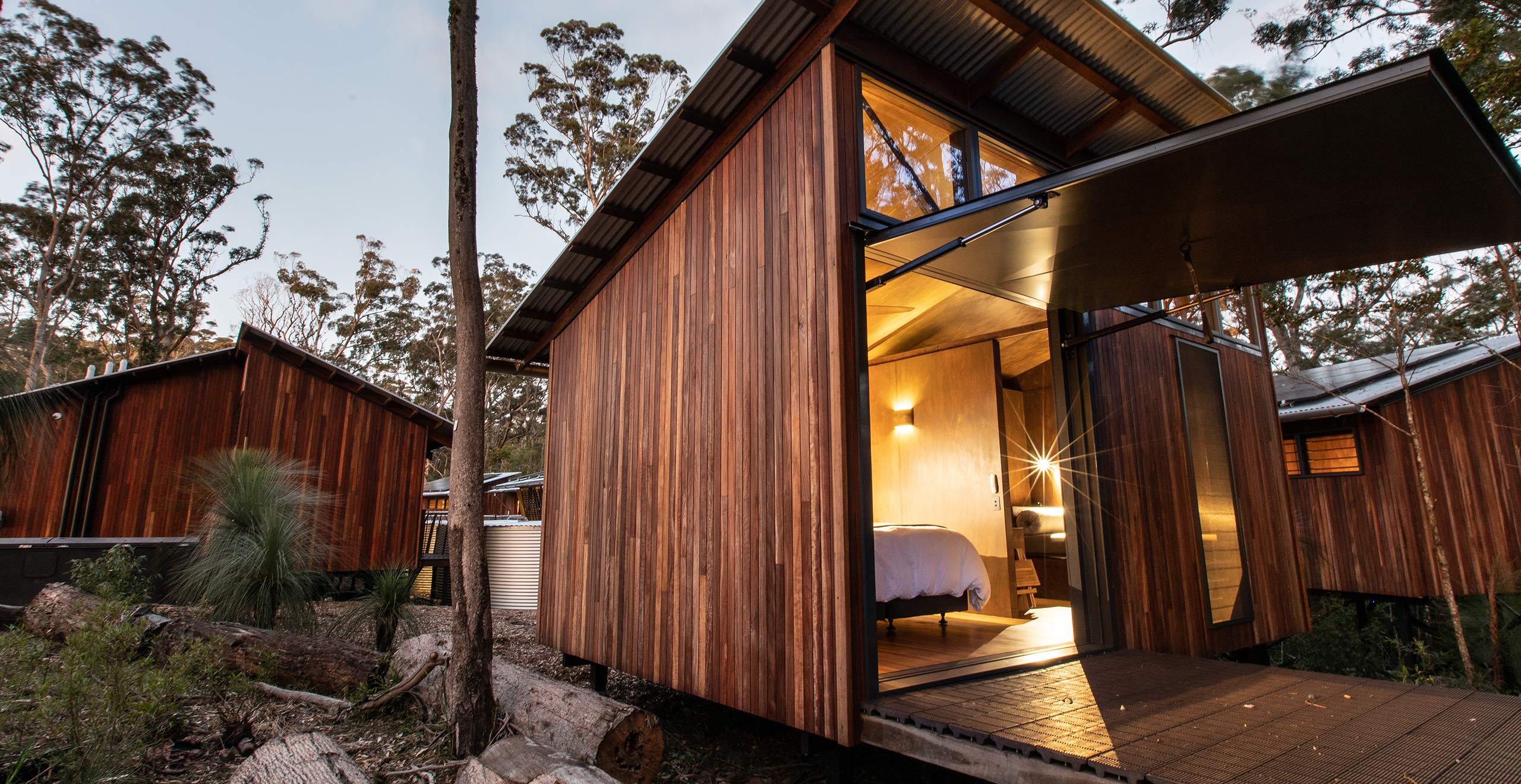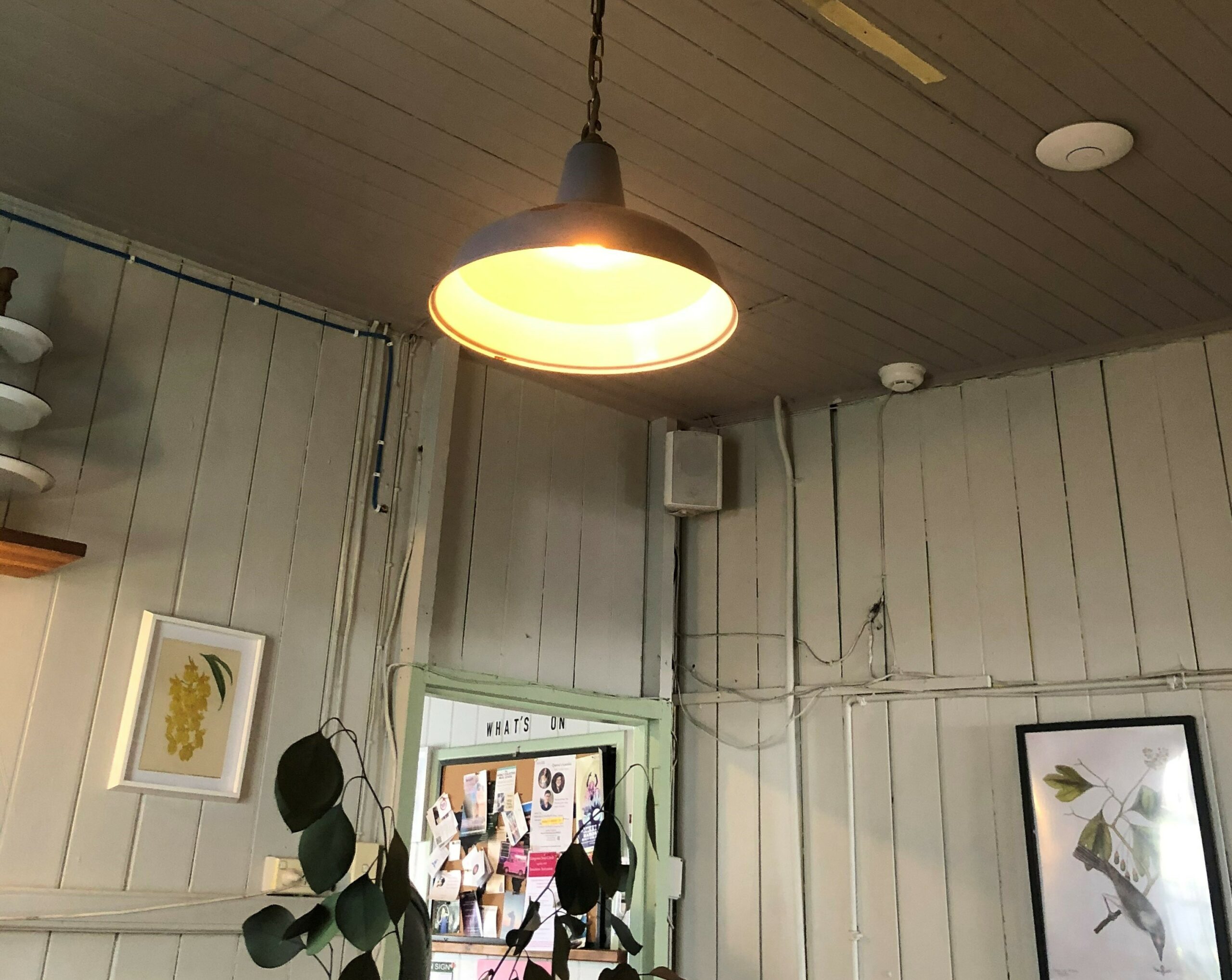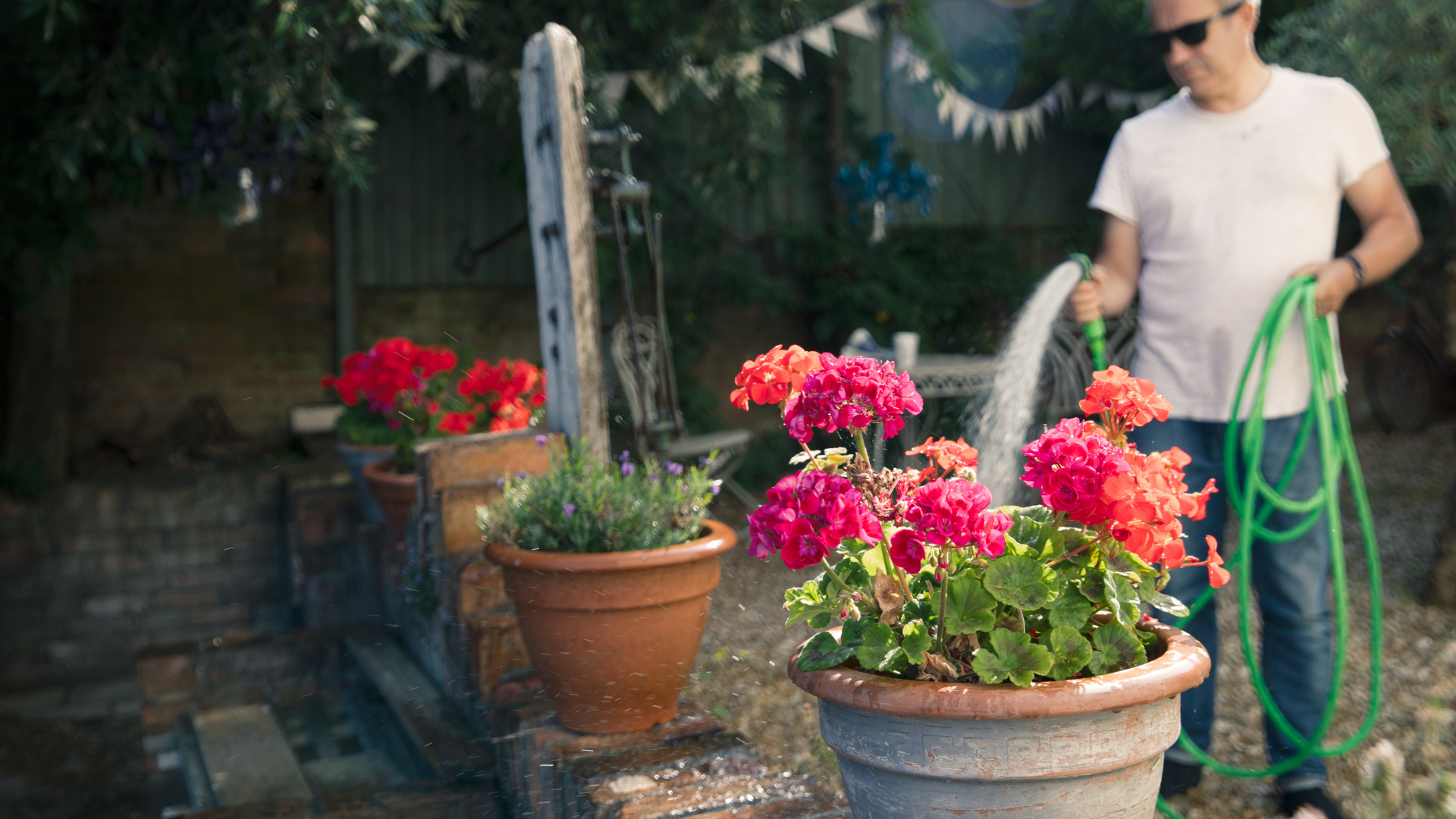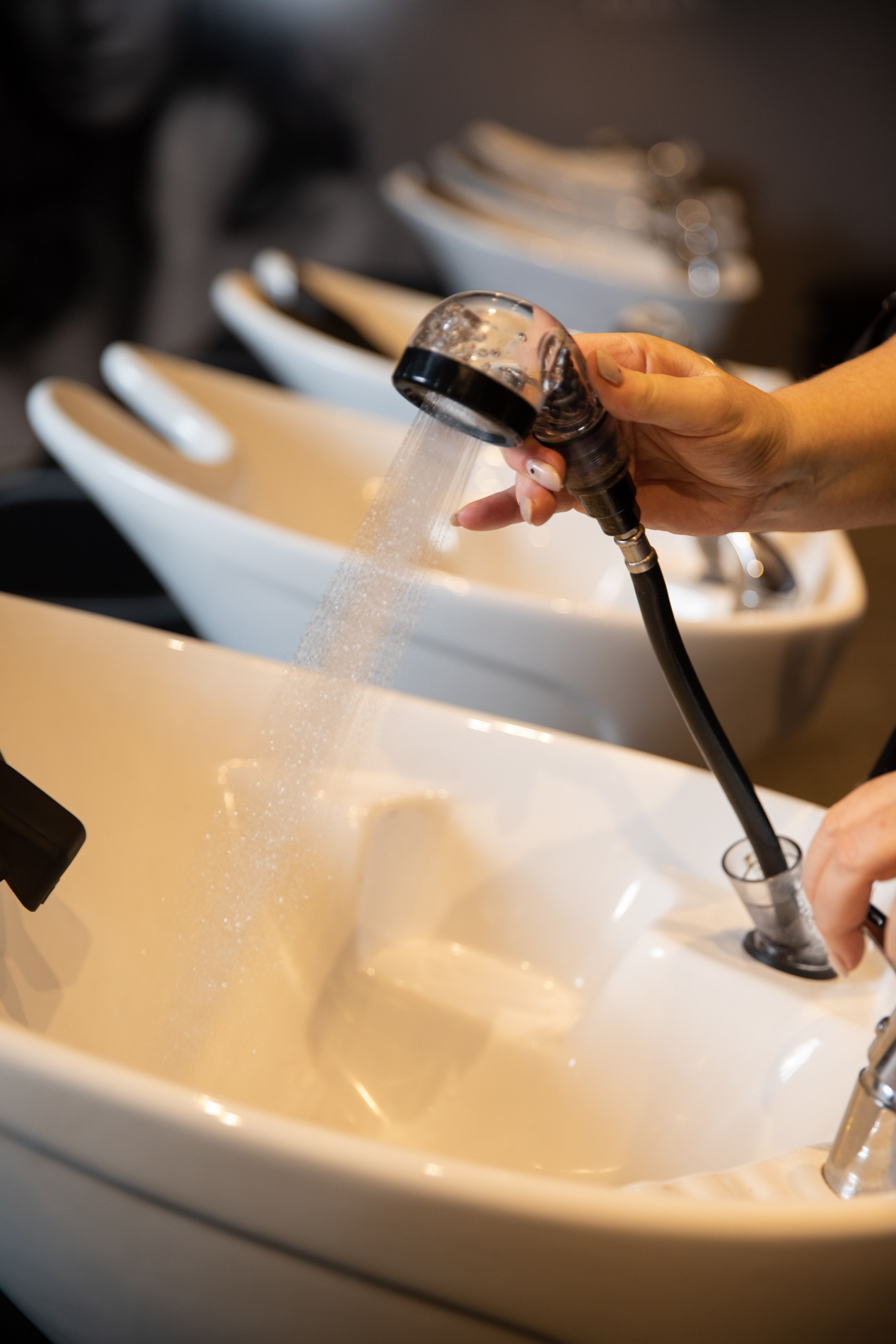Reducing waste for community clubs
Don’t throw away your savings. Learn quick tips and resources to help improve your club’s waste management which can lead to better environmental outcomes and lower levies and fees.
Webinars and coaching
View recordings of coaching webinars from experts with advice to help your club reduce energy consumption and save on bills.
Generating revenue with Containers for Change
November
Container Exchange spoke with Brisbane community clubs about the opportunity to reduce their waste while also generating additional revenue with the Containers for Change scheme.
Recycling 101 for community organisations
November 2022
Coffee cups and milk cartons? Food scraps and scrappy containers? Brisbane City Council answer all your recycling questions to help you and your club know what to put in the recycling bin.
More webinars to come
If there is a specific topic you would like to learn more about, fill out the request form below.
Resources from waste management experts
See below for for resources from expert partners of the Resilient Clubs Support Program to help your club become waste warriors.
- Containers for Change Community Fundraising Toolkit – Container Exchange’s toolkit to help community clubs raise revenue through recycling container take-back schemes. Clubs across Brisbane are already adding hundreds and sometimes thousands to their bottom line, so why not join them?
- Brisbane’s best recycling guide – Brisbane City Council’s guide to household recycling, which is also relevant for community clubs. Learn about different recycling and waste types with advice on how to recycle correctly.
- Top 10 recycling tips – Brisbane City Council share their simple, top tips for recycling effectively to help households and clubs avoid contaminating their recycling and adding to landfill waste unnecessarily.
List of waste-smart actions
Participating clubs of the Resilient Clubs Support Program will receive a personalised Action Plan for their energy and water usage. However, if you want to take action to improve your clubs waste management and reduce associated bills, use the below information as a ‘shopping list’ of waste-reducing tips. Read the details and estimated costs and consider which actions are achievable for your club, given your circumstances and budget.
We recommend you choose actions you want to commit to and copy them from the below list into our Microsoft Word Resilient Clubs Efficiency Plan Template (word 72KB). You can also add energy and water actions into the same document and keep all your actions in the same location. Writing these actions down on a list will help you stay committed to achieving these outcomes.
Start or upgrade your recycling bin pick-up service with Brisbane City Council
Discuss with Brisbane City Council what recycling services are available to your club. You may even be eligible for a free recycling bin service so you can stop paying a private contractor. Brisbane City Council can also offer clubs signage and assistance to help with improving recycling behaviours for club visitors. To ask any questions about waste management or enquire about complimentary recycling services, community organisations can email Council’s waste team with any questions at BusinessRecyclingcc@brisbane.qld.gov.au or they can call Brisbane City Council on 07 3403 8888 and request to speak to the Waste Smart Community Team.
Increasing recycling will not only reduce the amount waste sent to landfill, but may also minimise your clubs waste levy fees.
Cost: Free
Start or utilise your green waste service with Brisbane City Council
Brisbane City Council offer green waste recycling bins, this service is an easy, affordable way to dispose of garden waste.
Green waste bins are collected fortnightly and disposed of at the green waste recycling facility. The green waste is composted and mulched ready for reuse.
Cost: Free
Start composting food and garden waste and use the nutrient-rich soil by-product
When organic waste such as food and garden waste sits in landfill, it releases methane which is a greenhouse gas emission that has a 28 times greater global warming potential than carbon emissions.
By composting your food and garden waste your club’s organic waste breaks down in a naturally beneficial way that reduces greenhouse gas emissions and also lowers the amount of waste your club is sending to landfill. You can use the nutrient-rich soil on your grounds or take it to your closest community garden.
Cost: Anywhere from $30 to $500 depending on the scale of composting operation you want to run. Brisbane City Council offer a $70 rebate for compost solutions.
Access free waste and recycling posters and resources
Brisbane City Council can visit your club to help understand what waste management solutions would best suit your operations. They can also provide advice, support and free resources like posters and stickers to improve patron waste behaviours. If your organisation would like any of the posters or stickers listed, you can email Council’s waste team at BusinessRecyclingcc@brisbane.qld.gov.au or call Brisbane City Council on 07 3403 8888 and request to speak to the Waste Smart Community Team. Brisbane City Council will post these items directly to your organisation’s address.
Cost: Free
Utilise community composting hubs
Brisbane City Council has partnered with a number of community gardens around Brisbane to help residents turn food scraps into nutrients for soil. Residents living near community composting hubs can regularly contribute their food scraps to a community garden compost bin.
Cost: Free
Utilise resource recovery centres
Visit a Resource Recovery Centre to help recycle more and reduce your landfill waste. Brisbane City Council has four resource recovery centres at Chandler, Ferny Grove, Nudgee and Willawong with recycling and waste facilities. Recyclables can be dropped off for free, and you can use waste vouchers or pay a fee for the disposal of general and green waste.
Cost: To dispose of general waste or green waste, fees apply, or you can use your waste vouchers. Recycling for vehicles under 4.5 tonnes Combined Gross Vehicle Mass (CGVM) is free.
Start a community fruit and vegetable garden to use your nutrient-rich soil from your compost and create produce for your club members, visitors and kitchen
Creating a community garden is a fantastic way to use your composted soil while also providing another gathering place for your patrons. Encourage club members and visitors to water and contribute to the garden. Have mum and dad teach their youngest about where their food comes from and growing produce while their oldest plays footy.
Cost: Set up costs may vary
Become a Containers for Change bottle donation location
This will include a central location where community members can dispose of their recyclable containers. Containers for Change will take them off you for a price-per-container.
There are many different ways you can engage with Container Exchange to become a drop-off location and raise funds for your Club for every container returned.
Read the Containers for Change fundraising toolkit and contact Containers for Change to get in touch with your service provider and organise if you can become a donation location.
Cost: Free, with potential to generate revenue
Become a Containers for Change charity
When residents donate bottles with Containers for Change, they can choose to take the cash for themselves or give the 10c rebate per bottle to a charity. As a community group, you are entitled to sign up as a registered charity so residents can donate to your club.
Promote your Containers for Exchange scheme ID number to club members and family as a fundraising activity. When they drop off containers at a Container for Change collection point, they can nominate the funds to go into the club’s account.
Read the Containers for Change fundraising toolkit and contact Containers for Change to get in touch with your service provider and organise if you can become a donation location.
Cost: Free, with potential to generate revenue
Use reusable crockery and cutlery
Start using reusable crockery such as reusable (hard plastic) plates, cups, mugs and cutlery where possible. Create a plate drop-off destination for your club and encourage visitors to return their used crockery when they have finished eating.
Reduce your landfill levy fees and ongoing costs for new cups, plates and cutlery by introducing reusable goods. Using reusable products that have a longer life cycle reduces the emissions and resource-use involved in producing new goods from paper and plastic that are only going to be used once. Avoid being fined for using single-use plastic in light of recent and upcoming Queensland Government bans and laws.
Cost: $0 to $500 depending on scale
Join ASPIRE and start selling or sharing your unused resources
ASPIRE is a waste trading website for Brisbane businesses. ASPIRE is a BCorp certified business tool that offers an online marketplace for businesses (any organisation with an ABN) to exchange waste and unwanted resources and materials. Brisbane City Council has invested in an enterprise license so that any organisation with an ABN and less than 100 FTE can register and use the platform for free.
Learn more about this fantastic and easy-to-use platform here.
Cost: Free
Find out more
If you have any questions about the Resilient Clubs Support Program or if you are a participating organisation that has a question about your experience in the program, get in touch.
Call the Resilient Clubs Support Program team on (07) 3007 7000, email resilientclubs@sustainablebrisbane.com.au

